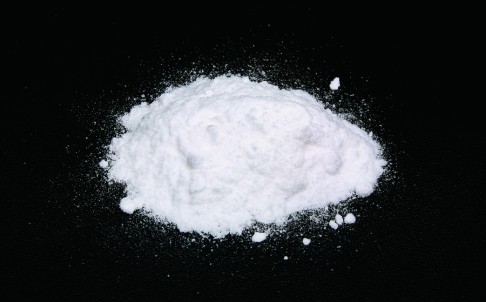Ketamine may be useful for treating depression, British study finds
Trial of party-drug anaesthetic shows lasting effects in some patients
PUBLISHED : Thursday, 03 April, 2014, 10:07pm
UPDATED : Thursday, 03 April, 2014, 10:07pm
Reuters in London

Ketamine helps tackle severe depression. Photo: SCMP Pictures
The party drug ketamine could one day be used to help some people suffering from severe depression, according to British scientists who gave infusions of the narcotic nicknamed "Special K" to patients.
Researchers who tested the drug on 28 people with major depressive disorder found ketamine quickly helped relieve the condition for some - and made a number of them completely well again for up to several weeks.
"It's dramatic and it's exciting, and it is a novel mechanism. But it's not about to become a routine treatment," Rupert McShane, a consultant psychiatrist and researcher at Oxford University who led the study, told reporters.
He said the discovery that ketamine worked, even for a short period, had been enough to give new hope to some of the patients in the study, many of whom had in the past considered suicide.
"We've seen remarkable changes in people who've had severe depression for many years that no other treatment has touched," McShane said. "It's very moving to witness."
Although many of them relapsed within a day or two, almost a third of them felt a benefit which lasted at least three weeks, he said, and 15 per cent did not relapse for more than two months.
"We now need to build up clinical experience with ketamine in a small number of carefully monitored patients," McShane said.
Ketamine is a licensed medical drug, widely used as an anaesthetic and to relieve pain. But it is also used as a recreational drug.
McShane said that the doses used were very different. On the street, users often take several grams a day and can suffer severe bladder problems and impaired brain function. The dose used in the study was no more than 80 milligrams - 80 thousandths of a gram - every week in a closely monitored hospital setting.
Several research teams around the world have been studying the potential for ketamine use in depression, since many patients with the psychiatric condition fail to respond to currently available antidepressants such as Prozac and Seroxat.
The US drug giant Johnson & Johnson is developing an intranasal form of the drug, called esketamine, in mid-stage trials and has said its results so far have been promising.
In the Oxford study, 28 patients with severe and treatment-resistant depression were treated over three weeks and received either three or six ketamine infusions each lasting 40 minutes.
Memory tests were carried out a few days after the final infusion and patients reported their mood symptoms daily via text or e-mail.
The results, published in the Journal of Psychopharmacology, showed that three days after the last infusion, the depression scores had halved in 29 per cent of the patients.
Some patients described feeling able to think freely for the first time in years, he said, adding: "For some, even a brief experience of response helps them to realise they can get better and this gives hope."
